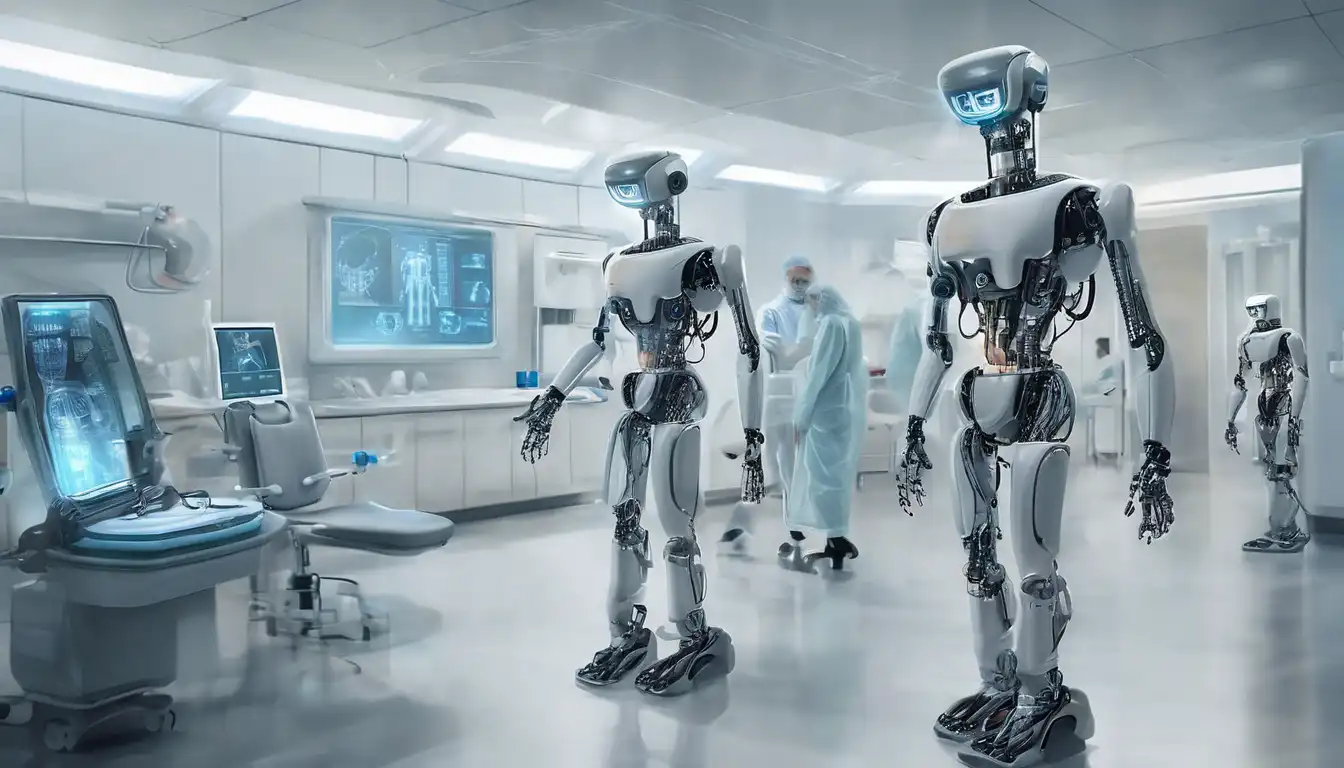The Next Era of Robotics in Healthcare
The integration of robotics into healthcare is transforming the way patient care is delivered. From surgical robots to robotic prosthetics, the future of healthcare is being reshaped by technological advancements. This article explores the potential of robotics in healthcare, highlighting key innovations and their impact on patient outcomes.
Key Innovations in Healthcare Robotics
Several groundbreaking technologies are leading the charge in healthcare robotics. These include:
- Surgical Robots: Enhancing precision in surgeries, reducing recovery times, and minimizing human error.
- Robotic Prosthetics: Offering amputees unprecedented mobility and functionality.
- Automated Pharmacy Systems: Streamlining medication dispensing to improve efficiency and reduce errors.
- Patient Care Robots: Assisting with patient monitoring and basic care tasks, freeing up healthcare professionals for more complex duties.
The Impact on Patient Care
The adoption of robotics in healthcare has significant implications for patient care. Improved precision in surgeries leads to better outcomes and faster recovery times. Robotic prosthetics and exoskeletons are restoring mobility to those who have lost it, dramatically improving quality of life. Meanwhile, automated systems in pharmacies and laboratories are reducing the risk of human error, ensuring patients receive the correct medications and treatments.
Challenges and Considerations
Despite the benefits, the integration of robotics into healthcare is not without challenges. High costs, the need for specialized training, and ethical considerations are among the hurdles that need to be addressed. However, as technology advances and becomes more accessible, these challenges are likely to diminish.
The Future of Robotics in Healthcare
The potential for robotics in healthcare is vast. Future developments may include more advanced AI-driven diagnostic tools, robotic nurses, and even nanorobots for targeted drug delivery. As these technologies evolve, they promise to further revolutionize patient care, making healthcare more efficient, effective, and personalized.
For more insights into the future of healthcare technology, explore our technology trends section.
Conclusion
The future of robotics in healthcare is bright, with the potential to significantly improve patient care and outcomes. While challenges remain, the ongoing advancements in technology are paving the way for a new era in healthcare. By embracing these innovations, the healthcare industry can look forward to a future where robotics plays a central role in delivering high-quality, efficient, and personalized care.
